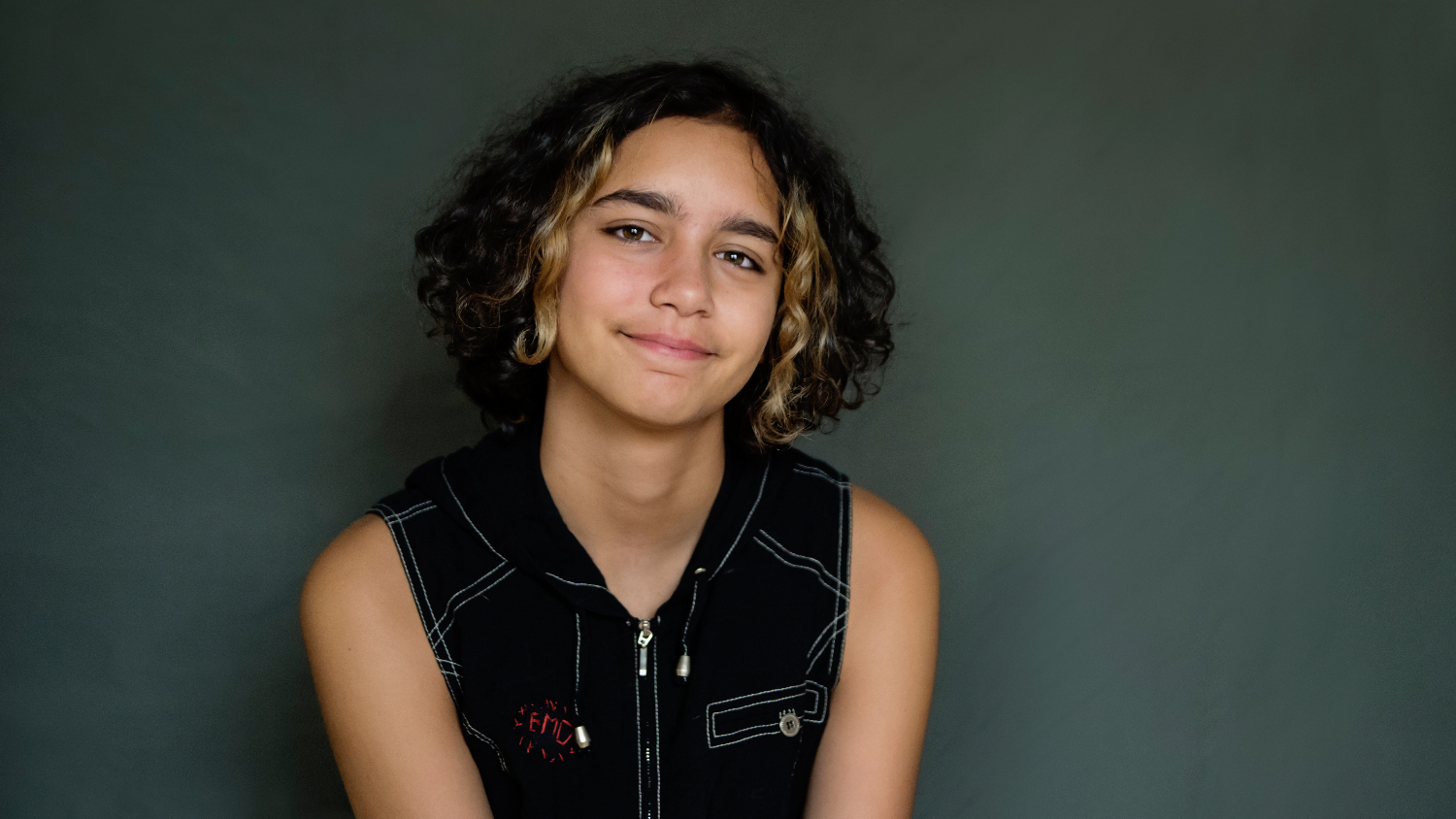
Gender and Autism Program

A Message for Existing and New Patients
In light of escalating legal and regulatory risks to Children’s National, our providers, and the families we serve, we are discontinuing the prescription of gender-affirming medications. This change went into effect on August 30, 2025.
Mental health and other support services for LGBT patients remain available. You are always welcome at Children’s National for your other medical needs.
We know this change will have a significant impact on affected patients, families and staff. Our care teams are working directly with families of current patients to support them.
If you have questions or need further assistance, please contact us directly.
Some young people are autistic (or more broadly neurodivergent) and also gender-exploring, gender-expansive, or gender-diverse. They may express questions regarding aspects of their gender identity or experience themselves as a gender different than their gender assigned at birth (e.g., transgender, nonbinary). We do not understand why autism and gender expansiveness often occur together, but we do know that this co-occurrence can be complex to navigate for young people and their families.
The Gender and Autism (and Related Neurodiversity) Program helps autistic/neurodivergent gender-expansive youth and their families through our clinical autism and mental health services.
Our Providers
Our autism and mental health specialists provide personalized care for your child’s developmental, mental and emotional health needs.
Contact Information
To inquire about our services or to schedule an appointment, call the Division of Neuropsychology at 301-765-5432 and select the option for the "Autism Clinic." Then let the scheduling specialist know that you are calling for the Gender and Autism Program. If you wish to schedule an appointment, you will be provided with an intake form (electronic or paper) so that you can let us know what services may be most helpful. When filling out the intake, make sure to check the box for the "Gender and Autism Program" under the question, "To which service were you referred?"
Gender and Autism Care
The Gender and Autism (and Related Neurodiversity) Program team at Children’s National supports gender-diverse and gender-exploring autistic youth—or youth with suspected autism—through evaluation, consultation and a specialized ongoing mental health support program for youth and their families. We approach gender and autism care from the following perspectives:
- Each young person’s gender journey is individual
- There are many possible outcomes that can unfold over time
- Understanding a young person’s neurodiversity may be important for supporting their gender development and self-advocacy
- Although autistic gender-diverse and gender-exploring youth may face specific challenges, attention to strengths and resilience, as well as neurodiversity-affirming care, is key
We focus on helping young people with autism-related neurodiversity, such as with executive function and self-advocacy needs, while also supporting their gender development. Although all of the young people referred to our program are either seeking clarification around whether they are autistic or they are already diagnosed autistic, through our careful assessment process, some young people are not found to be autistic. Importantly, these young people may be neurodivergent in other ways, and we work to help youth and families get connected with appropriate supports and care based on their personalized profile (e.g., ADHD, obsessive-compulsive disorder, prodromal schizophrenia).
We are a neurodiversity-affirming program. We understand autism and related neurodivergence as important parts of the broad spectrum of human neurodiversity. We also recognize that being autistic in today’s world can be challenging. Some young people who come to our clinic have a well-characterized autism diagnosis, while other families come to see us for both autism diagnostic clarification and gender development consultation.
The Gender and Autism Program works with young people who are:
- Between the ages of 3–25 years old
- Suspected of being autistic, or already diagnosed autistic
- Gender-diverse, gender-expansive, or gender-exploring
We see neurodivergent young people who identify as transgender, nonbinary, questioning, etc. We also see neurodivergent young people who have gender-related needs, but who do not use such identity terms.
Gender-diverse autistic people may be more likely to receive a late autism diagnosis (e.g., in the teen years). We do not yet understand why autism is often diagnosed later among gender-diverse individuals. There may be special considerations needed to tailor supports for late-diagnosed autistic individuals, such as in the areas of school programming and transition to adulthood.
Aurora Borealis

What to Expect from Your Visits with Our Team
Typically, your visits with us will begin with an evaluation. This evaluation will address factors related to autism/neurodivergence, mental health and gender development. Our process includes interviews, questionnaires and other measures. The assessment is usually completed over 2–3 visits. Our autism-related assessment employs gold-standard measures with the young person, as well as comprehensive developmental interviewing with parent(s), caregiver(s), and/or other key informants. We work to match our evaluations to the specific needs of each young person and their family, and we aim for the process to be affirming and uplifting for everyone involved.
Based on what we learn from our work with you, we will then work together to develop a plan for next steps and supports.

Gender and Autism Program
Family Navigator
For any questions about navigating care within our program, or for general questions about the Gender and Autism Program, you may call our Gender Program Coordinator at 202-476-5744 or email them. Let them know you are inquiring about the Gender and Autism Program.

Locations
Telehealth
Pediatric care at Children's National is accessible via telehealth. Learn more about telehealth services.







